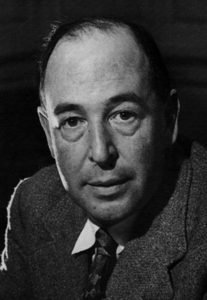What do you fear most?
From Pastor Chris, in preparation for worship this Sunday:
What is it that you fear the most?
When I was a child, before I went to bed every night, my parents would pull the white shade that covered my window down to bring darkness into my room for sleep. But on heavily moonlight nights the shadows of the branches blowing in the nighttime breeze would be illuminated against that white shade over my window, giving me the sense that the trees were alive and watching me!
My deep fear, as I pulled the covers over my head to protect myself, was that those tree branches in the woods behind my home were going to burst through my window with their spindly, twig hands and pluck me out of my bed and take me away to some dark and dreadful forest and hold me captive (thanks Disney!).
In our childhood, our fears mostly had to do with spooky things “that went bump in the night.”
But as we age, our fear begins to transition more to that which threatens our internal lives. It’s not so much the things themselves, but what the things might cause. And so, we fear losing someone we love (because of the loneliness that might ensue). We fear that our sin may be revealed (because we think we might be abandoned or embarrassed). We fear not knowing the answer to an important question (because it might make us look dumb). We fear being overweight, out of shape, or unpresentable (because not meeting the nebulous standards set by our society could make us outcasts). We fear that someone important, popular, and powerful might not like us (because we might never connect with the people that matter). And this list goes on.
Biblical counselor Ed Welch says, “Who or what you fear is that which controls you.” What he means is that our fear becomes the center piece of our lives and we begin to make decisions based on what that fear does to us.
But what if the thing we feared the most wasn’t a person or an inner revelation, but God himself? What if we began to make all of our decision and develop our deepest sense of self around the deep conviction that God is at the center of everything?
As we prepare to come to worship this morning, ponder this question and ask yourself whether you are fearing someone or something more than you are fearing God Himself?
“This only can my fears control, And bid my sorrows fly;
What harm can ever reach my soul, Beneath my Father’s eye.” -Anne Steele

